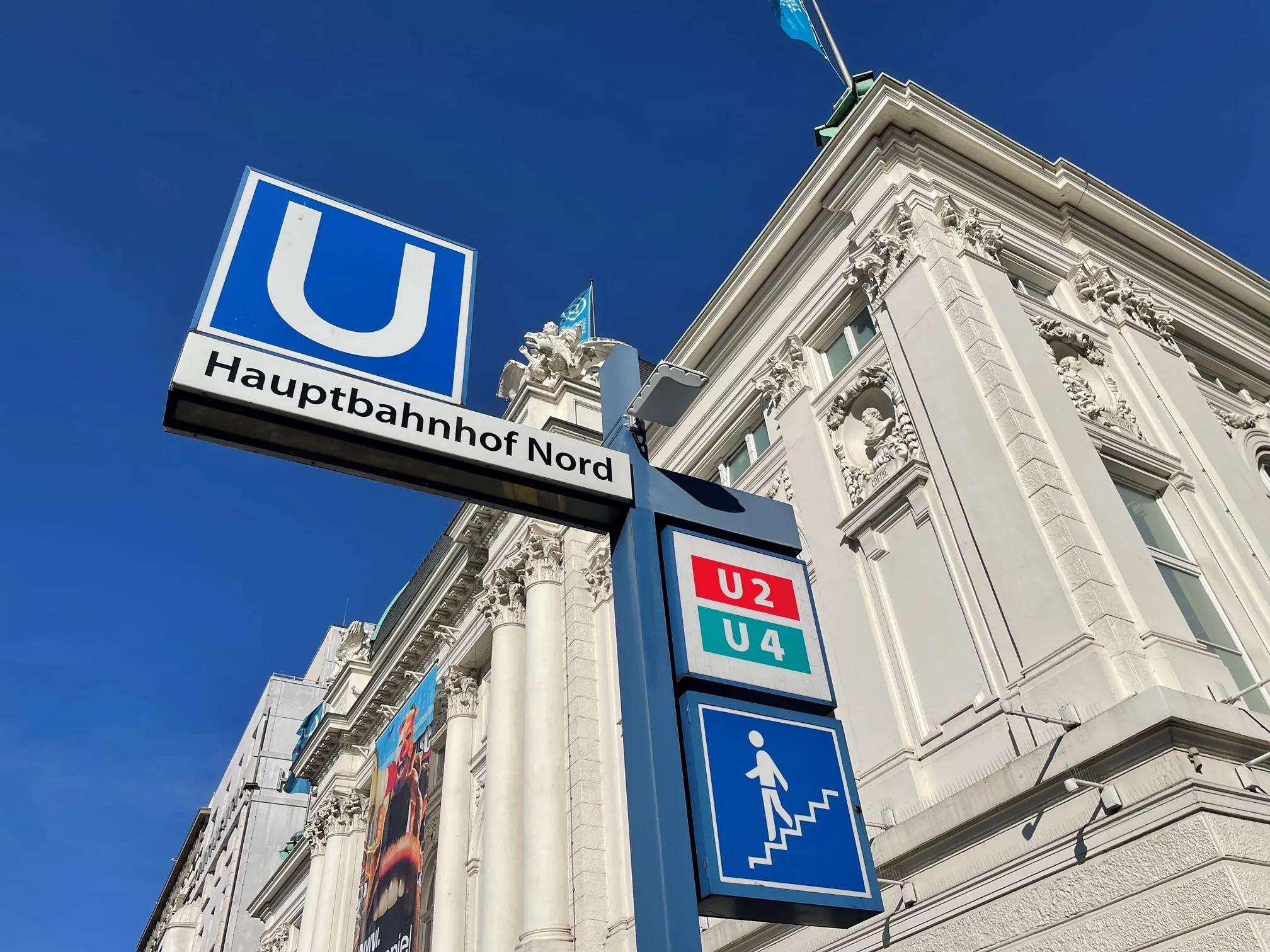Following this month's European Mobility Week, the EU is now launching the 4th Sustainable Urban Mobility Plan (SUMP) Award, as part of the Do the Right Mix campaign. The SUMP Award recognises local authorities that have demonstrated excellence in this year’s European Mobility Week theme of ‘multimodality’ where citizens can choose, change and combine their modes of transport.
The winning three regions or local authorities will receive a high-quality promotional video showcasing their mobility efforts, a
September 30, 2015
Read time: 2 mins
Following this month's European Mobility Week, the EU is now launching the 4th Sustainable Urban Mobility Plan (SUMP) Award, as part of the Do the Right Mix campaign. The SUMP Award recognises local authorities that have demonstrated excellence in this year’s European Mobility Week theme of ‘multimodality’ where citizens can choose, change and combine their modes of transport.
The winning three regions or local authorities will receive a high-quality promotional video showcasing their mobility efforts, as well as wide-spread promotion through the Do the Right Mix and European Mobility Week media channels.
Towns, cities and local authorities from the European Union’s 28 Member States and the European Economic Area are eligible to apply. Applications are being accepted between 28 September to 13 November 2015 on the campaign’s website, where further information about eligibility and evaluation is available.
An expert jury will evaluate the applications. Up to ten shortlisted applicants will be invited to attend the joint European Mobility Week and the SUMP Award Ceremony, which takes place in March/April 2016 in Brussels. At this event, the winner and two additional finalists will feature in a special video clip presenting their multimodal success to a community of regional authorities highly engaged in European Mobility Week.
The European Commission's Sustainable Urban Mobility Plan (SUMP) Award was launched in 2012, and presented three times since. Each year, the award highlights a different aspect of mobility planning. Previous themes included successful territorial and policy integration, as well as monitoring implementation with an eye to making improvements.
The winning three regions or local authorities will receive a high-quality promotional video showcasing their mobility efforts, as well as wide-spread promotion through the Do the Right Mix and European Mobility Week media channels.
Towns, cities and local authorities from the European Union’s 28 Member States and the European Economic Area are eligible to apply. Applications are being accepted between 28 September to 13 November 2015 on the campaign’s website, where further information about eligibility and evaluation is available.
An expert jury will evaluate the applications. Up to ten shortlisted applicants will be invited to attend the joint European Mobility Week and the SUMP Award Ceremony, which takes place in March/April 2016 in Brussels. At this event, the winner and two additional finalists will feature in a special video clip presenting their multimodal success to a community of regional authorities highly engaged in European Mobility Week.
The European Commission's Sustainable Urban Mobility Plan (SUMP) Award was launched in 2012, and presented three times since. Each year, the award highlights a different aspect of mobility planning. Previous themes included successful territorial and policy integration, as well as monitoring implementation with an eye to making improvements.









